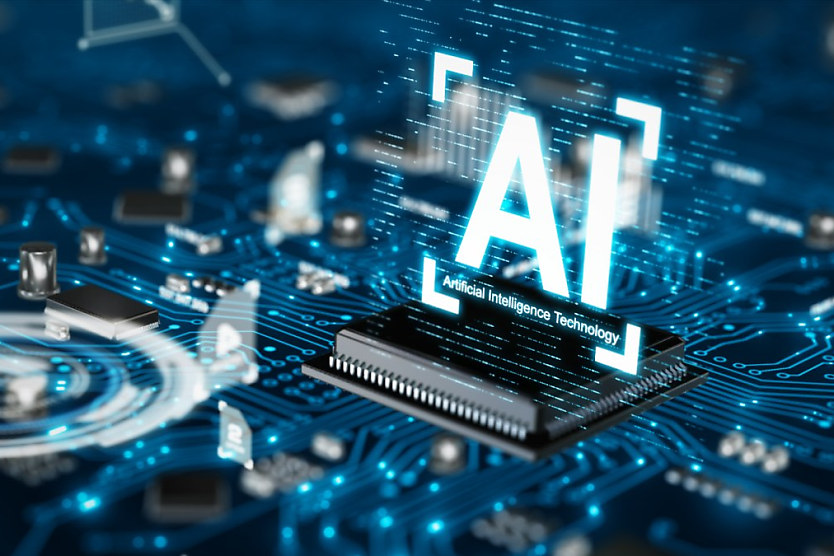Employee backlash over AI being used in redundancy decisions
SHARE THIS ARTICLE

New research has found that employees aren’t too keen on AI being used to determine who is made redundant within a business.
The use of artificial intelligence (AI) in gauging redundancies is extremely common, with Capterra revealing that 98 per cent of HR leaders are planning to use this tech to make the decision.
Workers aren’t too pleased with this choice, as a separate study by Capterra revealed that 71 per cent of employees aren’t comfortable with AI determining who is made redundant. The reasons varied, with popular ones being:
- It isn’t ethical (55 per cent).
- A human should be involved (51 per cent).
- AI is unable to evaluate performance and skills (39 per cent).
- AI can’t make unbiased decisions (16 per cent).
Many small to medium businesses (SMEs) are yet to implement AI into their processes, with just 21 per cent of SMEs claiming they have any HR-related AI technology. However, employees are worried that this will change, with 71 per cent of SME workers stressed about the use of AI in redundancy decisions.
Laura Burgess, content analyst at Capterra Australia, commented: “AI can help automate many HR tasks, but it’s still important for SMEs to strike a balance between machine learning and human judgement; this is especially true if AI data is being used to help make sensitive HR decisions, such as employee dismissals.”
“Some employees may feel concerned about AI, but companies must be transparent on how and why these tools are being used so that the reasons behind important decisions, such as recruitment and redundancies, can be trusted.”
Transparency should be continuous throughout the addition of any tech and AI systems. Workers may become worried if they feel their job is on the line, which can affect wellbeing and efficiency.
Seventy-seven per cent of respondents said their organisation doesn’t use AI technology to determine redundancies; however, 14 per cent aren’t sure, highlighting a lack of communication.
Thirty-nine per cent of employees said if they knew about AI being used to make these decisions, they would alter their work habits, including:
- Focusing on goals and key performance indicators (KPIs) (44 per cent)
- Trying to develop new skills (34 per cent)
- Getting involved in new projects (19 per cent)
The most untrustworthy uses of AI, according to respondents, are:
- Redundancies (73 per cent)
- Solving employee doubts (63 per cent)
- Recruiting (51 per cent)
However, not all employees are worried about the use of AI in making redundancy decisions. There are a few who welcome the change.
Some of the positives that AI could bring to redundancies were listed as:
- Avoid decisions based on a manager’s personal issues with an employee (44 per cent)
- AI is unbiased (39 per cent)
- AI can rely on real data about performance to make a decision (36 per cent)
- AI can generate more accurate decisions (30 per cent)
When asked what parts of AI they trust, employees said:
- Training (67 per cent)
- Monitoring workers (52 per cent)
- Recruiting (49 per cent)
RELATED TERMS
When a company can no longer support a certain job within the organisation, it redundancies that employee.
Jack Campbell
Jack is the editor at HR Leader.

